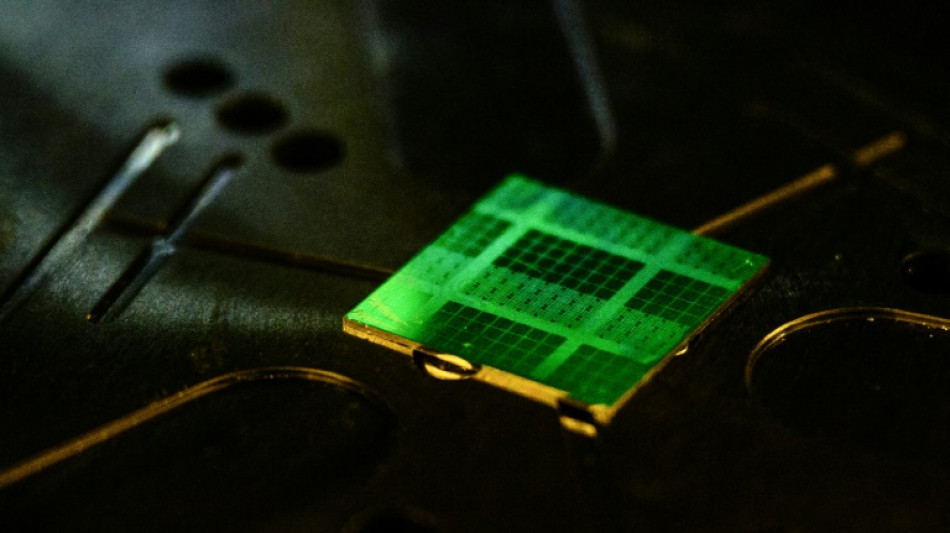
-
 Pepe Reina to play final match in Como's clash with Inter
Pepe Reina to play final match in Como's clash with Inter
-
Spike Lee says expensive for music artists to speak out

-
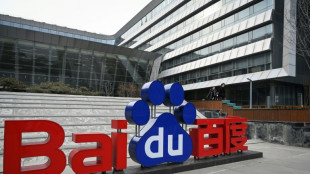 China's Baidu posts rise in Q1 revenue as seeks to grow AI presence
China's Baidu posts rise in Q1 revenue as seeks to grow AI presence
-
Canal+ buyout of S.Africa's MultiChoice one step closer
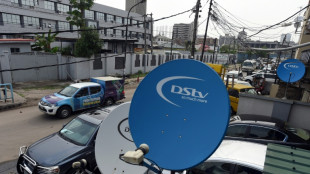
-
 Pakistan drop stars Shaheen, Azam and Rizwan for Bangladesh T20s
Pakistan drop stars Shaheen, Azam and Rizwan for Bangladesh T20s
-
Australian ex-tennis star Dokic says estranged father dead

-
 2025 Tour de France adds Montmartre suspense to final stage
2025 Tour de France adds Montmartre suspense to final stage
-
Trump Jr says 'maybe one day' he'll run for US president
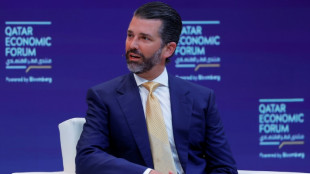
-
 Gazans wait for aid as Israel faces mounting pressure
Gazans wait for aid as Israel faces mounting pressure
-
Macron party backs banning hijab in public spaces for under 15s
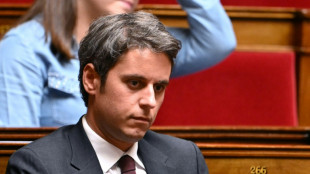
-
 2025 Tour de France to include Montmartre on final stage: organisers
2025 Tour de France to include Montmartre on final stage: organisers
-
French prosecutors urge 10-year term for alleged Kardashian theft ringleader

-
 Guardiola warns he'll quit if Man City squad too large
Guardiola warns he'll quit if Man City squad too large
-
Cyberattack costs UK retailer Marks & Spencer £300 mn

-
 Six killed in school bus bombing in SW Pakistan
Six killed in school bus bombing in SW Pakistan
-
India's lion population rises by a third

-
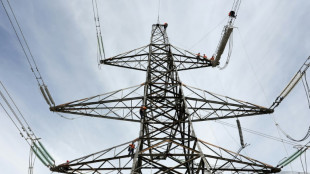 UK inflation hits 15-month high as utility bills soar
UK inflation hits 15-month high as utility bills soar
-
Oil prices jump on report of Israel prepping Iran strike

-
 British climbers summit Everest in record bid
British climbers summit Everest in record bid
-
China slams US 'bullying' over new warnings on Huawei chips
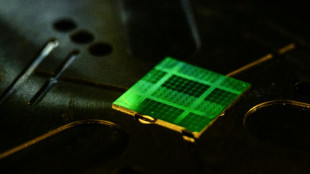
-
 Flood victims stranded on roofs as downpours lash eastern Australia
Flood victims stranded on roofs as downpours lash eastern Australia
-
Japan farm minister resigns over free rice gaffe
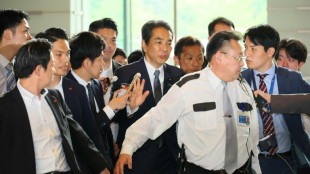
-
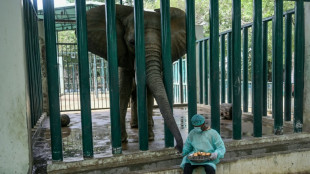 Jumbo task: 400 pills a day for elephants with TB in Pakistan
Jumbo task: 400 pills a day for elephants with TB in Pakistan
-
Gilgeous-Alexander leads Thunder rally past Timberwolves

-
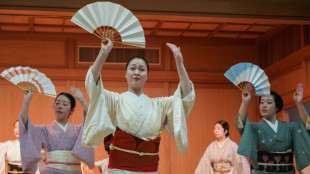 Century-old Tokyo geisha festival revives dying art
Century-old Tokyo geisha festival revives dying art
-
High-flying young electricians wire UK energy switch
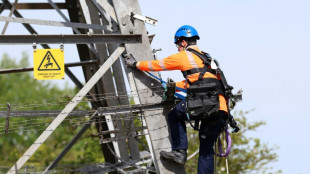
-
 Germany's infrastructure push needs more than money
Germany's infrastructure push needs more than money
-
China slams US 'bullying' over new chip warnings
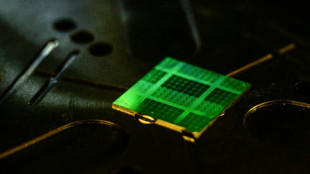
-
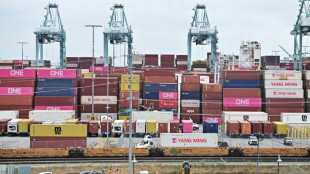 Canada seeks to send 'strong message' with Ukraine at G7 finance talks
Canada seeks to send 'strong message' with Ukraine at G7 finance talks
-
'Fusterlandia': Cuban fishing town turned mosaic wonderland

-
 Severe drought strains wildlife and tourism in Florida's Everglades
Severe drought strains wildlife and tourism in Florida's Everglades
-
Villagers vow to fight new Panama Canal reservoir 'to the end'

-
 'Being a woman is a violent experience,' says Kristen Stewart
'Being a woman is a violent experience,' says Kristen Stewart
-
Canadian host of G7 finance talks 'optimistic' despite trade turmoil
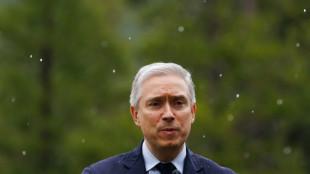
-
 Mako Mining Intersects 39.15 g/t Au over 5.9 m (Estimated True Width) 19.2 m Below Surface In its Inaugural Drill Campaign at El Golfo
Mako Mining Intersects 39.15 g/t Au over 5.9 m (Estimated True Width) 19.2 m Below Surface In its Inaugural Drill Campaign at El Golfo
-
Zomedica Launches Enhanced Equine Insulin Assay for the TRUFORMA(R) Diagnostic Platform Featuring an Extended Range and Automatic Sample Dilution

-
 PPN Expands Influence in Pharmacy Media with New Hosting Platform and June Podcast Lineup
PPN Expands Influence in Pharmacy Media with New Hosting Platform and June Podcast Lineup
-
Helium One Global Ltd Announces State-9 Spud at Galactica Project
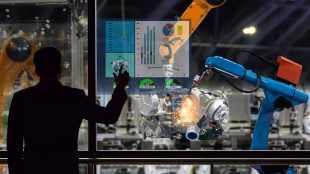
-
 ReproNovo Raises $65 Million Series A Financing to Advance Phase 2 Clinical Trials of Novel Therapies in Reproductive Medicine and Women’s Health
ReproNovo Raises $65 Million Series A Financing to Advance Phase 2 Clinical Trials of Novel Therapies in Reproductive Medicine and Women’s Health
-
G7 finance chiefs gather with Trump tariffs, Ukraine war in focus
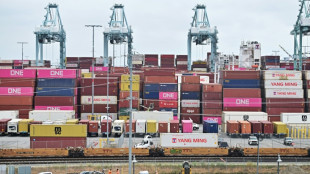
-
 Oasis fans could spend £1 bn on UK concerts: study
Oasis fans could spend £1 bn on UK concerts: study
-
Epic Games says Fortnite back on Apple's US App Store
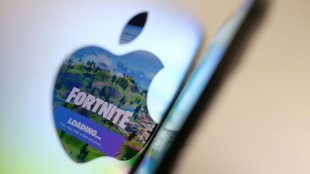
-
 Europe increases pressure on Israel over Gaza offensive
Europe increases pressure on Israel over Gaza offensive
-
Costa Rica prison guards catch drug-smuggling purr-petrator

-
 'We had a lot of fun' - De Bruyne proud of Man City legacy
'We had a lot of fun' - De Bruyne proud of Man City legacy
-
US expects Russia offer soon as Zelensky sounds warning

-
 De Bruyne departs, Rodri returns as Man City close in on Champions League
De Bruyne departs, Rodri returns as Man City close in on Champions League
-
Trump pushes Republicans to back 'big, beautiful' tax bill
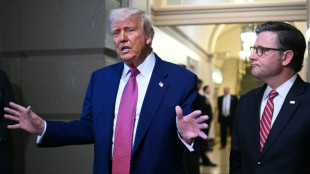
-
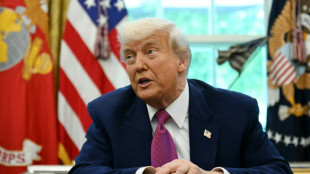 Trump unveils plans for 'Golden Dome' missile shield for US
Trump unveils plans for 'Golden Dome' missile shield for US
-
NFL players cleared to take part in 2028 Olympics: league


China slams US 'bullying' over new warnings on Huawei chips
Beijing condemned on Wednesday new US warnings on the use of AI chips by Chinese tech giant Huawei, vowing it would take steps against "bullying" efforts to restrict access to high-tech semiconductors and supply chains.
Washington has sought in recent years to curb exports of state-of-the-art chips to China, concerned that they could be used to advance Beijing's military systems and otherwise undermine American dominance in AI.
US President Donald Trump's administration last week rescinded some export controls on advanced computing semiconductors, answering calls by countries that said they were being shut out from crucial technology needed to develop artificial intelligence.
Some US lawmakers feared the restrictions would have incentivised countries to go to China for AI chips, spurring the superpower's development of state-of-the-art technology.
But Washington also unveiled fresh guidelines warning firms that using Chinese-made high-tech AI semiconductors, specifically tech giant Huawei's Ascend chips, would put them at risk of violating US export controls.
In a statement Wednesday, Beijing's commerce ministry described the warnings as "typical unilateral bullying and protectionism, which seriously undermine the stability of the global semiconductor industry chain and supply chain".
China accused the US of "abusing export controls to suppress and contain China".
"These actions seriously harm the legitimate rights and interests of Chinese enterprises and endanger China's development interests," the commerce ministry said.
It also warned that "any organization or individual that enforces or assists in enforcing such measures" could be in violation of Chinese law.
And it vowed to take "firm steps to safeguard its legitimate rights and interests" in response.
- Chips on the table -
The United States warned last week about the potential consequences of allowing US AI chips to be used for training Chinese AI models.
And those found using Huawei's Ascend chips without clearance from Washington, the guidance read, can face "substantial criminal and administrative penalties, up to and including imprisonment, fines, loss of export privileges, or other restriction".
The US commerce department said its policy was aimed at sharing American AI technology "with trusted foreign countries around the world, while keeping the technology out of the hands of our adversaries".
Previous US rules divided countries into three tiers, each with its own level of restrictions.
Top-tier countries like Japan and South Korea faced no export restrictions, while countries in the second tier, which included Mexico and Portugal, saw a cap on the chips they could receive.
Chipmakers including Nvidia and AMD lobbied against the tiered restrictions and saw their share prices rise when the Trump administration indicated it would rethink the rule.
Speaking at Taiwan's top tech show on Wednesday, Nvidia CEO Jensen Huang described US export controls on AI chips to China as a "failure", since companies are using locally developed technology.
"The local companies are very, very talented and very determined, and the export control gave them the spirit, the energy and the government support to accelerate their development," Huang said.
Y.Kobayashi--AMWN